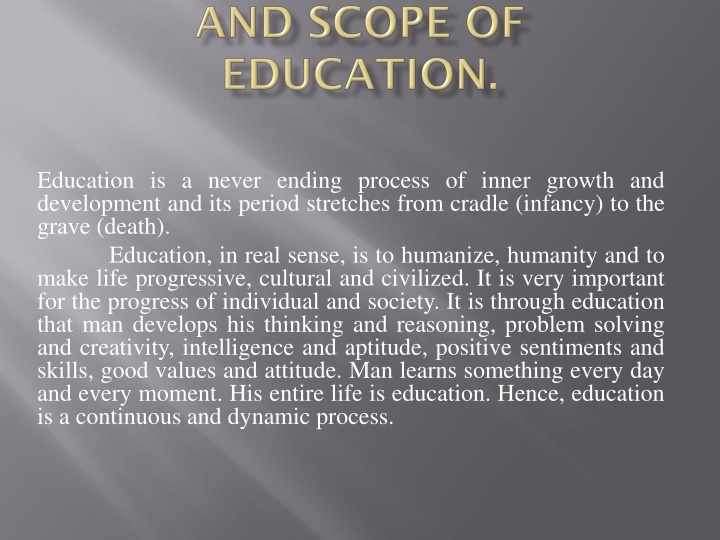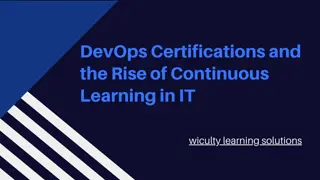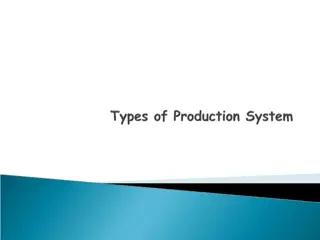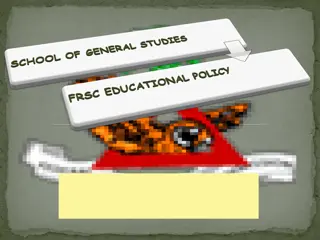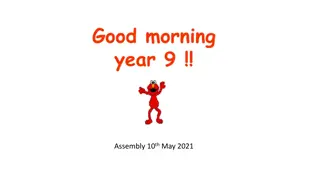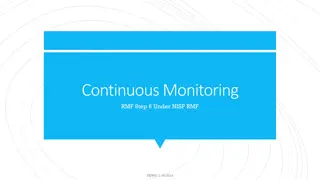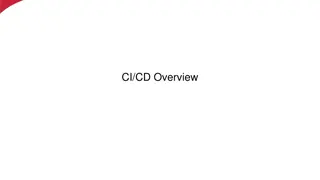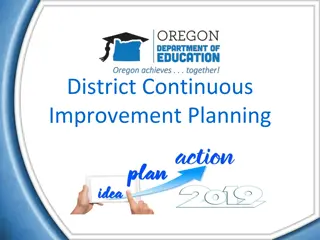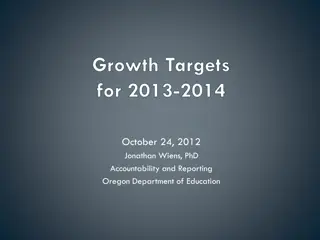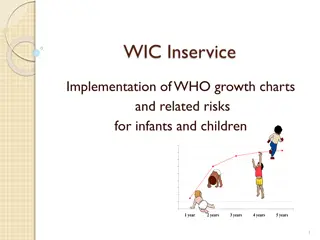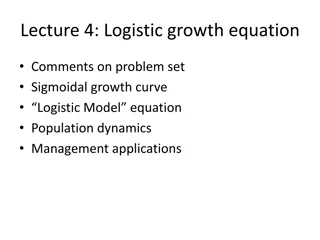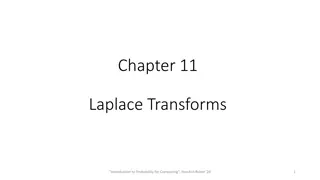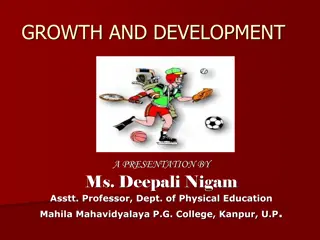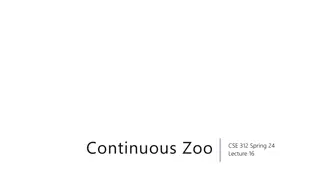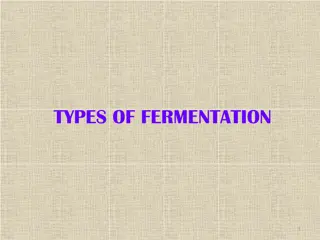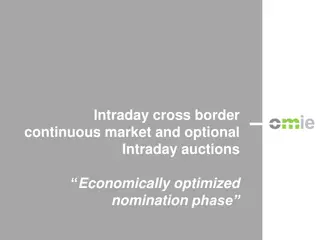The Essence of Education: A Continuous Journey of Growth and Development
Education is a lifelong process that extends from infancy to old age, aiming to humanize society and foster individual progress. Its etymological roots suggest drawing out and developing one's inner potential. Various educationalists have defined education in their unique ways, emphasizing mental, physical, and spiritual development. While some view education narrowly as schooling, its wider meaning encompasses all life experiences that contribute to learning and growth.
Download Presentation

Please find below an Image/Link to download the presentation.
The content on the website is provided AS IS for your information and personal use only. It may not be sold, licensed, or shared on other websites without obtaining consent from the author.If you encounter any issues during the download, it is possible that the publisher has removed the file from their server.
You are allowed to download the files provided on this website for personal or commercial use, subject to the condition that they are used lawfully. All files are the property of their respective owners.
The content on the website is provided AS IS for your information and personal use only. It may not be sold, licensed, or shared on other websites without obtaining consent from the author.
E N D
Presentation Transcript
Education is a never ending process of inner growth and development and its period stretches from cradle (infancy) to the grave (death). Education, in real sense, is to humanize, humanity and to make life progressive, cultural and civilized. It is very important for the progress of individual and society. It is through education that man develops his thinking and reasoning, problem solving and creativity, intelligence and aptitude, positive sentiments and skills, good values and attitude. Man learns something every day and every moment. His entire life is education. Hence, education is a continuous and dynamic process.
Etymological meaning of Education If we try to trace out the origin of the word Education we find that it has been derived from several Latin words- Firstly it comes from the word E which means Outof and Duco which means Ilead . So, it implies that Out of the native potentially I lead or develop. Secondly, it come another word Educere which means todevelop , to draw out or to lead out . So it implies that education is an act of drawing out something from within the person. Thirdly, it comes from the word Educare which means to bring up , to raise , tofoster the child for development. Fourthly, the word Education has been derived from the word Educatum which means the act of teaching
Some definitions of Education Various definitions had given by various educationists in their own ways. Some of them are- According to Aristotle, Education is the creation of a sounds mind in a sound body . Herbert Spencerdefined Education as, The preparation for complete living . In the words of Tagore, Education is that which makes one s life in harmony with all existence . Gandhijisaid, By education I mean an all round drawing out of the best in the child and man- body, mind and soul . According to Swami Vivekananda, Education is the manifestation of divine perfection, already existing in man . According to Rousseau, Plants are developed by cultivation and men by education .
Narrow meaning of Education: In the narrow sense education is confined to school and university institutions. It is believed that education start as soon as the child enters the school. It is over when he leaves it after completing a particular course of studies. Education in this sense is equivalent to schooling instruction or the act of training. School is therefore, a specialized agency to provide education. Proper curriculum, discipline and methods of teaching are followed in the school. Education received by children is measured in terms of marks or grades in examination.
Wide meaning of Education In the wider sense of term Education we may say that this is actually a process of development from cradle to grave. In this, we find all sorts of influence like home life, influence of friendship, recreations, hobbies etc. this is a long process which is never ending. Lodge has described education in the wider sense in his famous book on Philosophy and Education . He says In the wider sense all experience is said to be educative. The bite of a mosquito, the taste of a water melon, the experience of falling in love, of flying of aeroplane all such experiences have a directly educative effort on us. Broadly speaking, education is life and life is education. In fact it is preparation for life through his experience. It is not only giving facts and details. Edward Thring says, Education is the transmission of life by the living to the living.
. Education a Bi polar process and a Tri- Polar process- Sir John Adams, in his books entitled Evolution of Educational Theory has described education as a bi-polar process. In this process teacher represents one pole and students the other. The teacher s personality influences over students personality to modify and develop. On the hand, John Dewey says, Education is a Tri-polar process. It involves interaction between the Pupil (Educand), the Teacher (Educator) and the social environment (Social forces). The teacher tries to develop the personality of the pupil in the light of the needs of the society.
2. Education -a purposeful process- It is a purposeful process. Both the pupils and teacher makes efforts for achieving purpose or destination. 3. Education -a continuous and lifelong process- Education is a continuous and lifelong process. It starts when the children is born and continue upto the last moment of death. 4. Education is- a process of individual development- Education is a process of individual development. By individual development we mean physical, intellectual, aesthetic, moral, social and spiritual development of individual.
5. Education -a process of individual adjustment- Education is a process of individual adjustment. Education helps the individual in making adjustment with his ownself, with parents, relatives, friends, teachers or members of the society at large. 6. Education- a dynamic process- Education is a dynamic and progressive process. It reconstructs a new and better social pattern according to the changing needs of time, place and society. 7. Education- theoretical as well as practical in nature- Theoretical and practical knowledge of education broadens the intellectual horizon of the child, depends his insight, enhances his efficiency and helps him in solving educational problems.
8. Education- a science as well as an art It is science because- It undertakes systematic and methodical study of certain facts. It employs the scientific method of observation and experimentation. It discovers, establishes and formulates a number of generalizations about its methodology, learning, memory, attention, interest, motivation, curriculum construction, methods of teaching and evaluation It is an art because Education is just like an artist who moulds the raw materials of the child into better, pure and noble persons. Educationist is inspired by practical end. It has practical end to attain i.e. to help the child in acquisition of knowledge, integrated growth, social and vocational efficiency and continuous reconstruction and re-organization of experience.
Thanking You Presented by- Gaya Ram Basumatary Dept of Education. Salbari College, Salbari.
